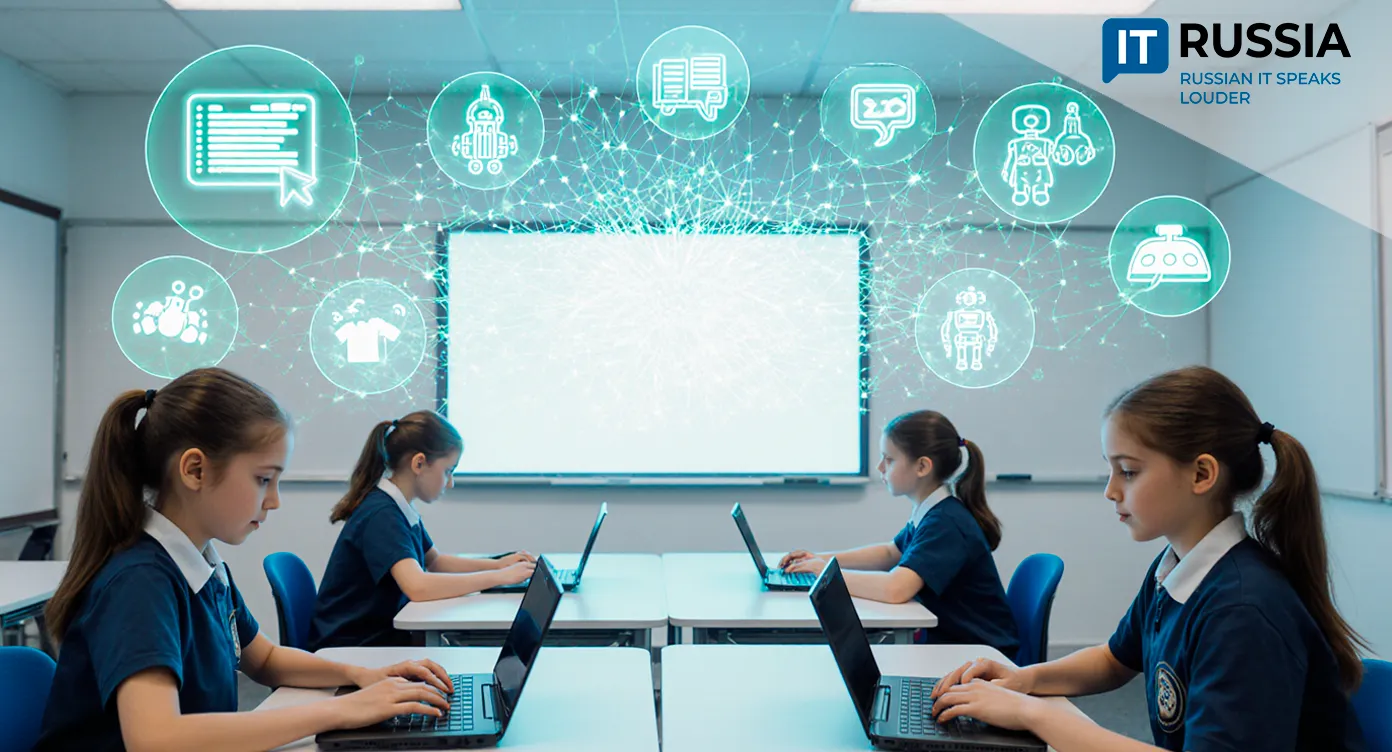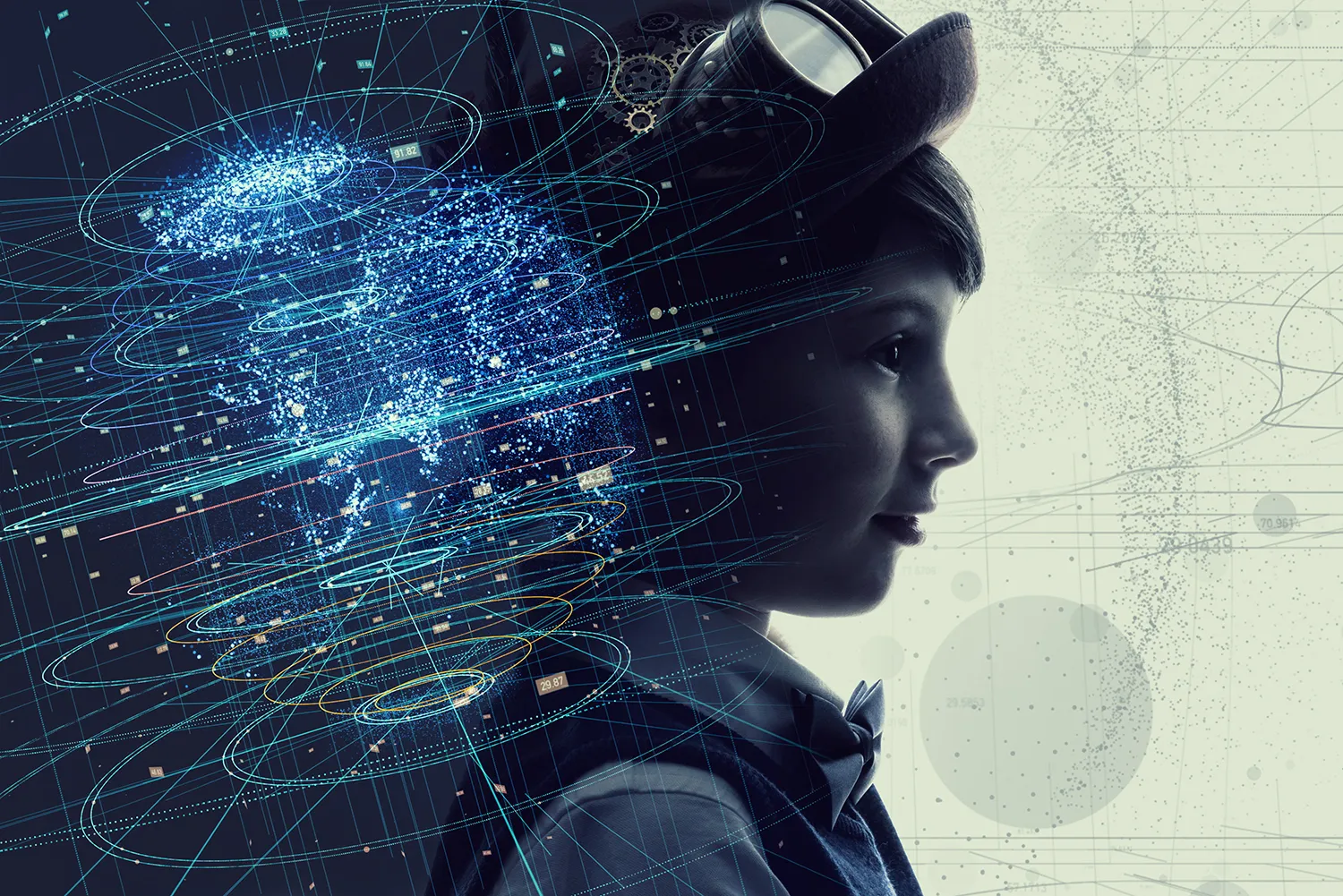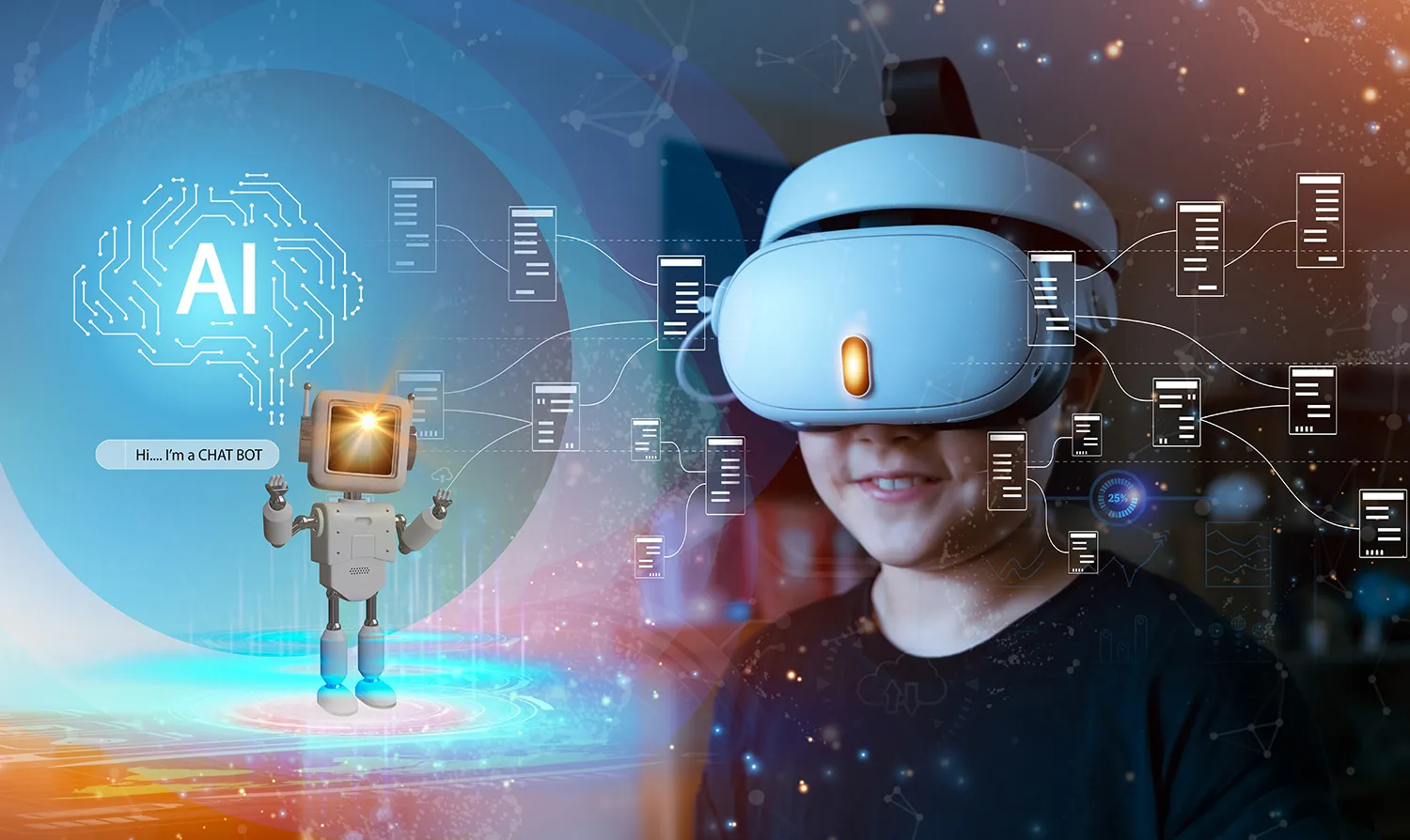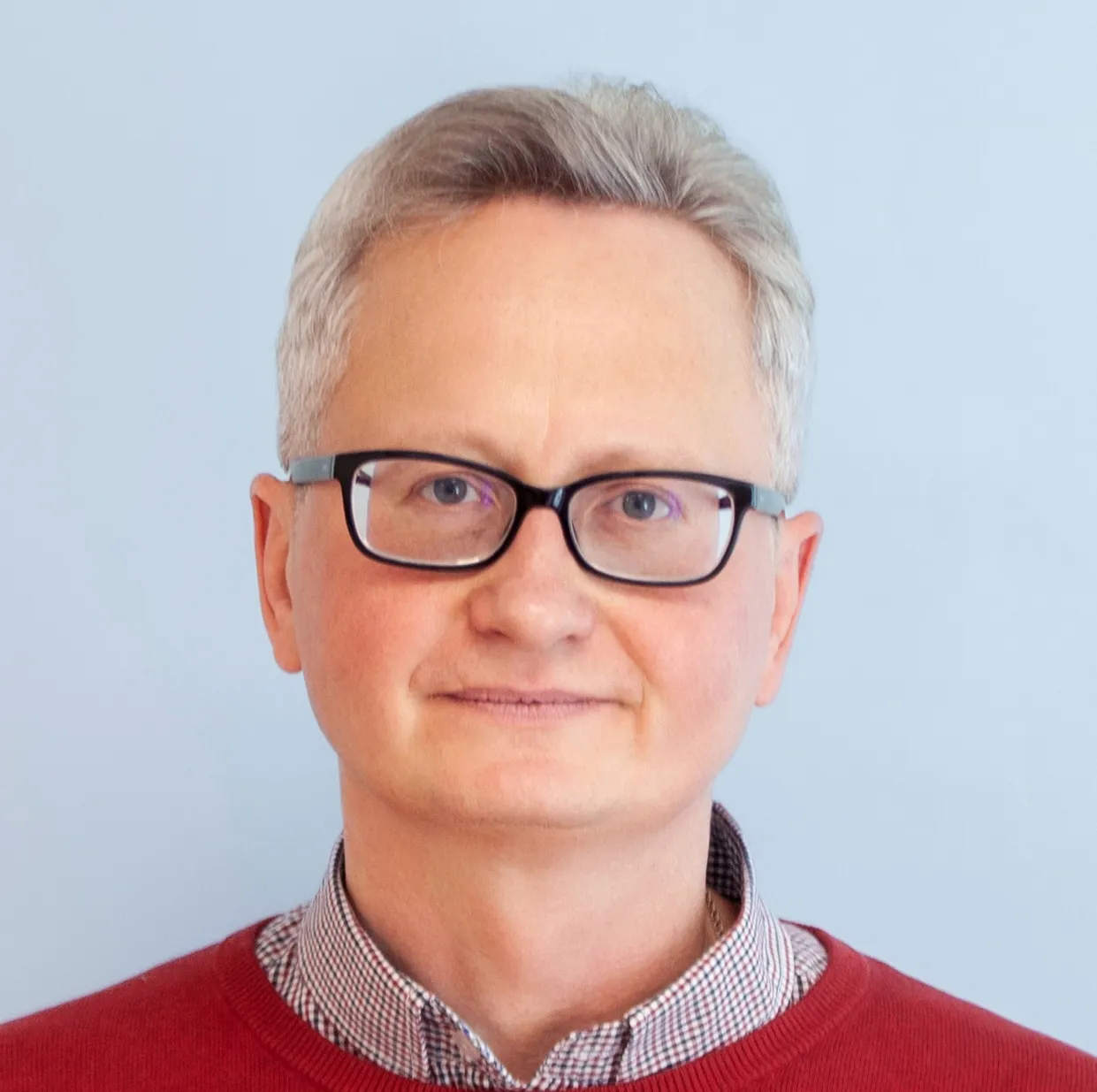Subtract, Multiply, and Learn AI: Moscow Region Students Join the ‘Code of the Future’ Program

Artificial intelligence is entering classrooms in the Moscow Region, where students are learning not only math but also AI through an ambitious government-backed program that could shape the next generation of talent.
Teaching and learning with AI
Each year, AI becomes more deeply embedded in education as a powerful tool for expanding opportunities for learning and child development. The key is applying it wisely.
In the Moscow Region, teachers are being trained to use neural networks for data analysis, event planning, and media content creation. AI is already helping local educators grade homework by recognizing handwritten assignments and providing automated checks.

Many schools are also adopting the “Digital Classes” project, where students follow personalized learning plans with a focus on core subjects for graduation exams. Meanwhile, the “Digital Teacher” service within the Moscow Electronic School uses AI to identify weak areas for students and recommend exercises to fill knowledge gaps. More than 173,000 students in grades 5 through 9 have already used this platform.
Five days that change the future
The “Code of the Future” program, launched by the Ministry of Digital Development in 2022, trained more than 250,000 high school and college students in programming languages by 2024. This year, the curriculum expanded to include AI and robotics, with 75,000 students expected to participate.

This is more than an extracurricular club; it is a serious educational initiative accessible through the national e-government portal. Courses cover machine learning basics, data analysis, chatbot design, and more. Students spend 54 academic hours in immersive study, working in small groups of up to 12, with the practical outcome of creating their own computer game. Each five-day intensive ends with certificates confirming newly acquired competencies.
Writing the ‘code of the future’ today
Similar educational practices exist abroad, such as AI4ALL in the U.S., Erasmus+ initiatives in Europe that integrate AI into STEM education, and summer tech camps in China.
The Moscow Region approach, however, has unique features: universal access via e-government services, an in-person deep immersion format, and direct integration with the national talent identification system. It is not an isolated elective but part of a state strategy.

The tested methodology can be scaled to other Russian regions and CIS countries. The successful “intensive + practice” format could be adapted to other in-demand areas. Importantly, the program integrates with the Olympiad movement: the intensive coincides with training for the All-Russian AI Olympiad, creating a unified ecosystem.
The Moscow Region is not just implementing technology in education—it is writing the ‘code of the future’ for a generation where AI literacy will be as fundamental as reading and writing.










































